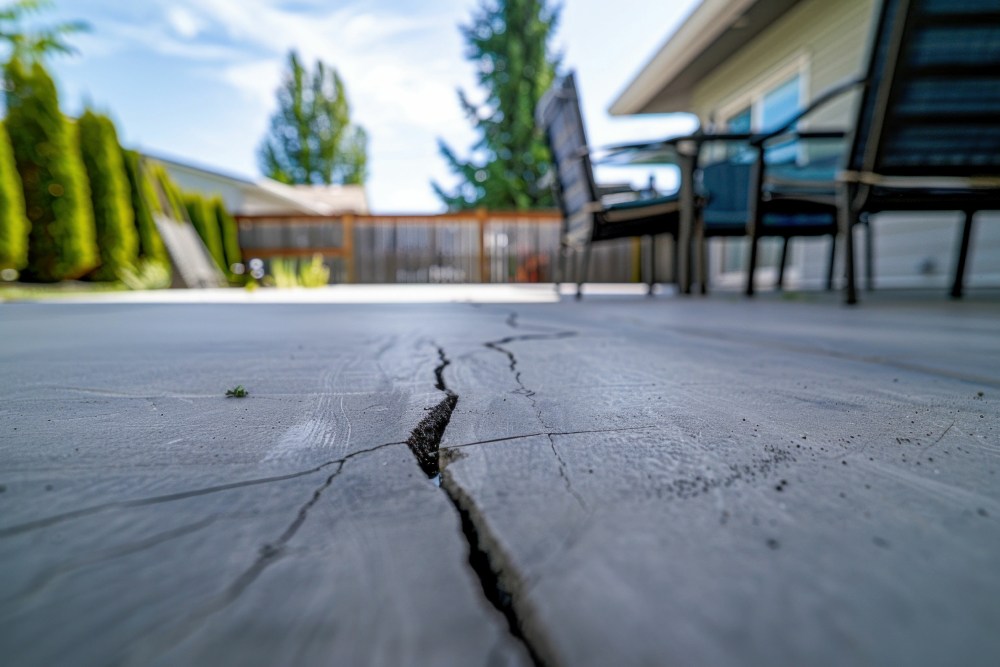A home improvement contract is a crucial document that sets the terms and expectations for both homeowners and contractors. Understanding and effectively enforcing these contracts can protect your investment, ensure quality work, and help avoid disputes. Here’s a comprehensive guide to understanding and enforcing home improvement contracts.
1. The Importance of a Home Improvement Contract
Legal Protection- Binding Agreement: A written contract serves as a legally binding agreement between you and your contractor, outlining the scope of work, payment terms, and other critical details.
- Dispute Resolution: A clear contract provides a basis for resolving disputes should they arise, reducing the risk of misunderstandings and legal battles.
- Detailed Plans: Contracts specify what work will be done, how it will be performed, and the materials that will be used, ensuring both parties have a clear understanding.
- Timelines and Milestones: Establishes project timelines, milestones, and deadlines, helping to manage expectations and keep the project on track.
2. Key Elements of a Home Improvement Contract
Scope of Work- Detailed Description: Clearly describe the work to be performed, including specific tasks, materials, and finishes.
- Plans and Specifications: Attach detailed plans and specifications to the contract to provide a visual reference.
- Cost Estimates: Include a detailed, itemized cost estimate for labor, materials, permits, and any other expenses.
- Payment Schedule: Outline the payment schedule, tying payments to specific project milestones or completion percentages. Avoid large upfront payments.
- Start and Completion Dates: Specify the start and anticipated completion dates for the project.
- Project Milestones: Identify key project milestones and deadlines for each phase of the work.
- Workmanship Warranty: Include a warranty for the quality of workmanship, specifying the duration and what is covered.
- Material Warranties: Ensure that warranties for materials and products used are clearly stated and transferred to you.
- Procedure for Changes: Outline the procedure for handling any changes to the project scope, including how changes will be documented, approved, and paid for.
- Responsibility: Specify who is responsible for obtaining necessary permits and scheduling inspections.
- Compliance: Ensure that all work will comply with local building codes and regulations.
- Mediation and Arbitration: Include clauses that outline the process for resolving disputes, such as mediation or arbitration, to avoid lengthy and costly legal battles.
- Grounds for Termination: Define the conditions under which either party can terminate the contract, such as non-performance or breach of terms.
- Settlement of Payments: Specify how payments and refunds will be handled if the contract is terminated.
Join HICP Homeowner’s Alliance
Connect with experts, get special discounts and enjoy member benefits
3. Enforcing a Home Improvement Contract
Documentation and Communication- Maintain Records: Keep detailed records of all communications, changes, payments, and progress related to the project.
- Written Correspondence: Use written correspondence for important communications and confirmations to ensure there is a clear record.
- Site Visits: Conduct regular site visits to monitor progress and ensure work is being performed according to the contract.
- Progress Reports: Request regular progress reports from your contractor to stay informed about the project’s status.
- Immediate Action: Address any issues or deviations from the contract promptly to prevent them from escalating.
- Document Issues: Document any problems and communicate them to the contractor in writing, requesting immediate resolution.
- Tie Payments to Milestones: Only release payments when specific milestones or phases of the project are completed satisfactorily.
- Final Payment: Withhold the final payment until all work is completed to your satisfaction and any required inspections are passed.
4. Handling Contract Disputes
Negotiation and Mediation- Direct Communication: Attempt to resolve disputes directly with your contractor through clear and open communication.
- Mediation: If direct negotiation fails, consider mediation with a neutral third party to facilitate a resolution.
- Arbitration: If mediation is unsuccessful, arbitration may be required if included in your contract. An arbitrator will review the evidence and make a binding decision.
- Legal Action: As a last resort, you may need to pursue legal action. Consult with an attorney specializing in construction law to explore your options.
- For Smaller Disputes: For disputes involving smaller amounts, small claims court can be a viable option. It is less formal and does not require an attorney.
5. Finalizing the Project
Final Inspection- Comprehensive Walkthrough: Conduct a final walkthrough with your contractor to inspect the completed work and ensure it meets the contract specifications.
- Punch List: Create a punch list of any remaining tasks or touch-ups needed before final acceptance.
- Completion Certificates: Obtain all necessary completion certificates, including a certificate of occupancy if applicable.
- Warranty Information: Ensure all warranty information and documentation are provided and filed for future reference.
6. Learning from the Experience
Review the Process- Evaluate Performance: Review the contractor’s performance and your own handling of the project. Identify areas for improvement in future projects.
- Feedback and Reviews: Provide feedback to your contractor and consider leaving reviews to help other homeowners make informed decisions.
- Refine Contracts: Use the experience to improve your future contracts. Include more detailed provisions to avoid similar issues.
- Better Screening: Be more diligent in screening contractors, verifying credentials, and checking references.
Understanding and enforcing home improvement contracts is essential for protecting your investment and ensuring a successful renovation. By ensuring your contract includes all necessary elements, monitoring the project closely, addressing issues promptly, and knowing how to handle disputes, you can navigate the complexities of home improvement with confidence. Always consult with legal professionals when needed to safeguard your interests and achieve your home improvement goals.




















